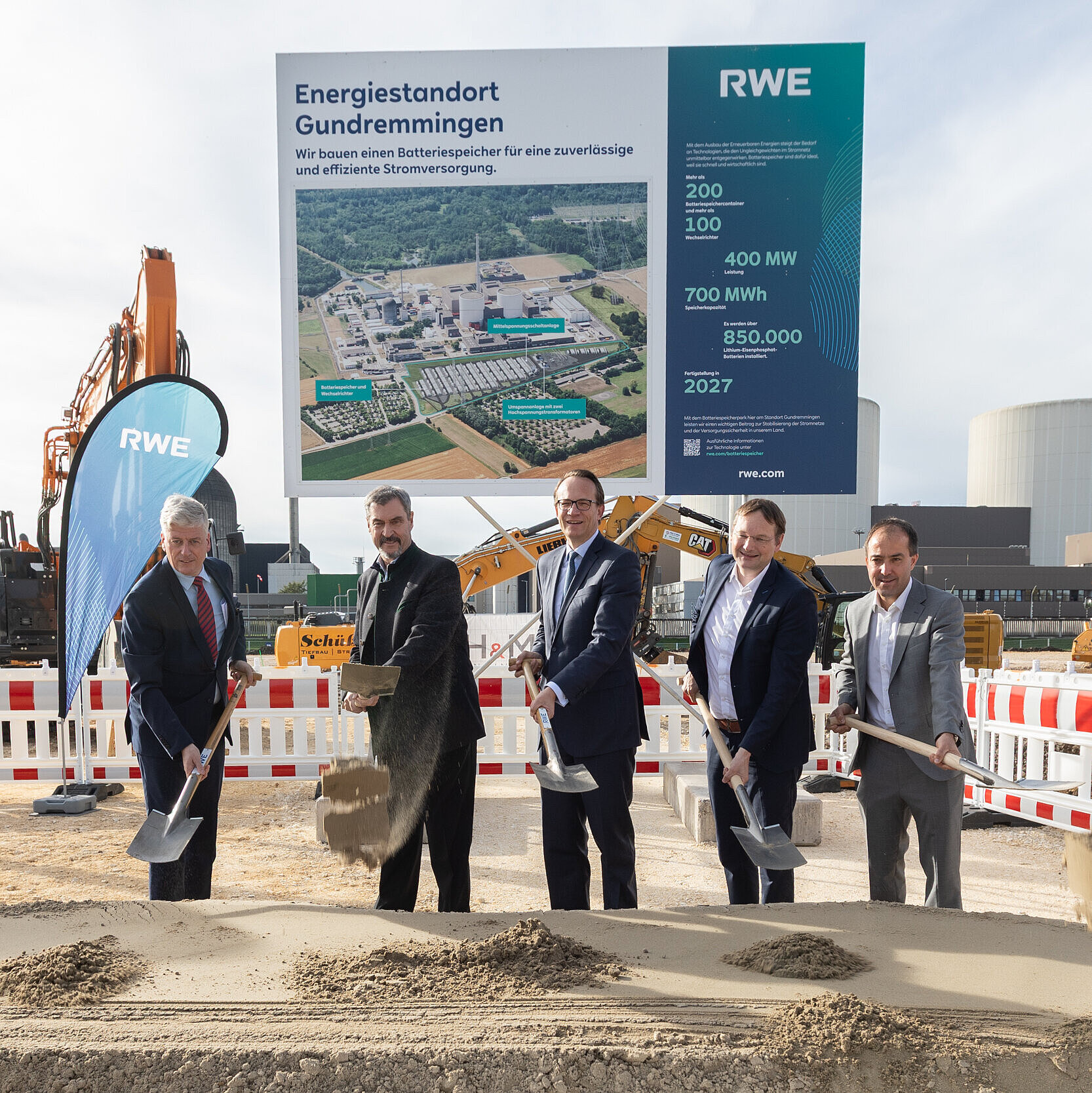Environment report on the European battery innovation system published
Source: Energy & Management Powernews , January 04 2023
Gaining market share in advanced battery systems is neither easy nor cheap. But there are opportunities, shows the "Environment report on the European innovation system battery".
The new "Environment Report on the European Battery Innovation System 2022" deals with the challenges and opportunities for Europe's industry in the competition for the provision of modern battery systems. It was prepared by the Fraunhofer Institutes for Production Technology (IPT) and for Systems and Innovation Research (ISI), the Chair "Production Engineering of E-Mobility Components" at the RWTH Aachen University and the Fraunhofer facility "Research Manufacturing Battery Cell (FFB)". According to the report, the reason for the growing importance of modern battery technologies is primarily the global expansion of electromobility.
Because of the strong position of its automotive industry, Europe has a significant role to play in this: around 20 to 30 percent of the global demand for lithium-ion batteries (LIBs) is accounted for by the European market, the report says. And, "Due to the high production and sales figures of car manufacturers, for example in Germany and France, demand in Europe is even more strongly linked to the ramp-up of electromobility compared to the rest of the world." Currently, global demand for LIB is around 500 to 600 million kWh per year. By 2030, it could rise to around 3 billion kWh, and in the long term to "more than 10 billion kWh." Europe's industry and policymakers have therefore been striving for several years to "expand market share also in the value-added steps upstream of battery use."
Strongly import-dependent
This applies not least to the provision of the raw materials required for the batteries. Here, Europe is relying on the use of domestic resources on the one hand, and on materials that are as readily available worldwide as possible on the other. A growing role is being played in this context by topics such as recycling and circular economy. The environment report states that "as things stand, more than 20 companies want to enter the market with recycling capacities in the next few years or are already active." One of the reasons: In the five-year period from 2015 to 2020, Europe met its demand for lithium exclusively with imports. For cobalt, it relied 86 percent on imports from outside the EU. But developing European deposits is unlikely to be easy, the report warns: while there is "a comprehensive overview of potential raw material reserves, there is only limited certainty as to whether and to what extent they can ultimately be extracted in sufficient quality and under economic conditions." The challenges of recycling should also not be underestimated: at present, neither the quantity nor the quality of the waste materials collected is sufficient for this purpose.
High investment
As far as industrial plant technology is concerned, companies from Asia currently dominate the market, especially those from China, South Korea and Japan. Europe's economy wants to counter this situation "on the one hand, with the stronger and cross-company pooling of know-how and the integration of technological competencies, and on the other hand, with the development and offering of innovative technology and thus technology that differs from the Asian state of the art." Of importance here are not least environmental requirements which, it is hoped, the competition from the Far East will not be able to meet so easily. The program also includes "giga-manufacturing": No fewer than 20 large "cell factories" are to go into operation by 2030 at the latest, supplying mainly European car manufacturers. According to the report, the necessary investments should not be underestimated. They are expected to amount to around 44 billion euros across Europe by 2030. In Germany alone, "more than 12 billion euros" are to be invested.
Supporting industry
The Fraunhofer-Gesellschaft sees its own role, according to the environment report, as "supporting industry in solving R&D challenges on the threshold of industrial technology use." It created the "Battery Cell Research Fabrication (FFB)" in Münster specifically for this purpose. This must "itself have an industrial battery cell production facility that maps the process type and throughput of giga-manufacturing," admittedly "on a laboratory, pilot and production scale." Moreover, the Fraunhofer-Gesellschaft established the European Battery Cell Learning Laboratory (ELLB) to train specialists for battery cell production.
The Environmental Report on the European Battery Innovation System 2022 is available on the Internet.
Author: Klaus Fischer
You might also be interested in



